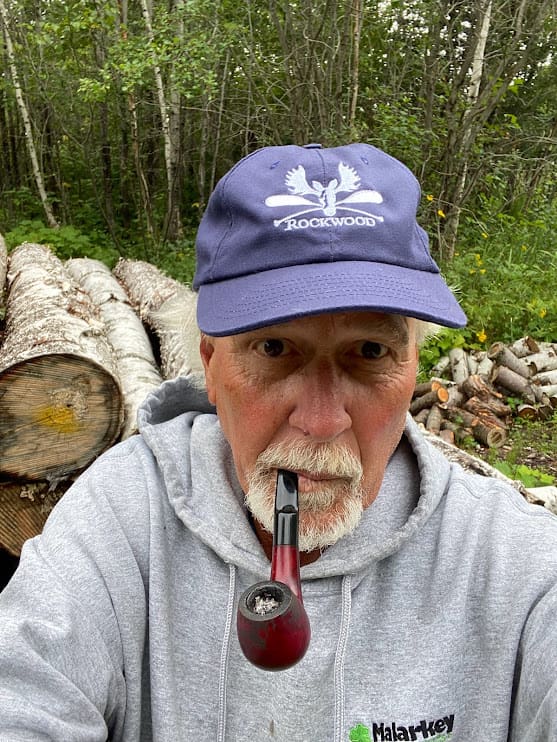Our two dogs go out to “do their business” après breakfast every day. We load up on “poop bags,” attach them to leashes, and head out across the street for a peaceful stroll, me with the big dog and the Bohunk with the diminutive Gypsy. We, the humans, not the dogs, use this opportunity to check in on plans for the day and ask each other how we slept, how we’re feeling, and the status of each dog’s waste.
On a recent morning, the Bohunk said she’d had two Charley Horses during the night, one on her left leg between her shin and her calf. When that calmed down, she turned over and immediately had one in the same place on her right leg. I sympathized, as I’ve had similar. After my ministrations, I smiled and recalled my childhood experience with those pesky cramps.
I remember my dad, bounding off his beloved couch, screaming some swear words I’d never heard before, and bouncing on one leg. “GD Charley Horse,” he said. I didn’t know it was a cramp, but the name struck me as funny, and seeing the old man jumping around had me laughing out loud. It was apparent that he didn’t think it was so funny.
I decided to do a little research on the exact origin of the term “Charley Horse.” No one really knows, but there are theories. Most of those theories revolved around baseball in the late 19th century. My top childhood interest, and my dad’s for that matter, at least for most of each year, was baseball, the American pastime. The phrase dates back to the 1880s.
My favorite theory traces the origin of the term to a pitcher named Charlie “Old Hoss” Radbourn, who played for the Boston Beaneaters. In those days before outrageous salaries, healthy diets, and trainers, he was known to suffer from muscle cramps. The team’s coach and fellow players referred to his cramps as “Charley’s horse.” The nickname “Old Hoss” was a common one for athletes who were considered strong or dependable.
Another theory says the term came from baseball players observing an old workhorse named Charley who pulled a roller on the field. The horse was lame or stiff after a long day of work, much like a person with a muscle cramp. The players began to compare their muscle cramps to the horse’s condition, calling them a “Charley horse.”
Regardless of the exact origin, the term gained popularity through baseball and spread into general American English by the early 20th century.
Like the origin theories, there are several ideas about how to minimize or prevent them. The most common is to increase your potassium intake. Potassium is an electrolyte that facilitates muscle contractions and nerve signals. As part of the basic metabolic panel my doc orders each year, the lab determines my potassium level, which this year is in the normal range.
Low potassium levels can lead to muscle spasms and cramps. Getting enough potassium intake through diet can help alleviate and prevent muscle cramps.
Thus, the standard recommendation is to eat more bananas. Other sources include avocados, oranges, and dried apricots. Potatoes, sweet potatoes, spinach, beans, lentils, and tomatoes are also good sources of potassium.
Mustard is one of the most widely cited folk remedies for muscle cramps. Many people swear that taking a teaspoon of yellow mustard at the onset of a cramp can help alleviate it. Pickle juice is rich in electrolytes and is thought to help restore the body’s balance and relieve cramps. A drink containing apple cider vinegar, mixed with a bit of honey and warm water, is believed to help with muscle cramps. The theory is similar to mustard and pickle juice: it helps with mineral and electrolyte balance.
I don’t think I can get the Bohunk to try any of those remedies.
Stretching is a scientifically supported remedy. For a calf cramp, the suggestion is to stretch your leg out and pull your toes back toward your shin. Massage and walking around get me through my charley horses, but getting back to sleep is a problem.
Charley horses are painful, but like flatulence, even the most proper of us grown-ups sometimes can’t help laughing. The shared experience of the sudden, intense pain and the often-ridiculous reactions to it seems to be where the humor lies. When you’re the one experiencing them, though, Charley Horses are anything but funny.




